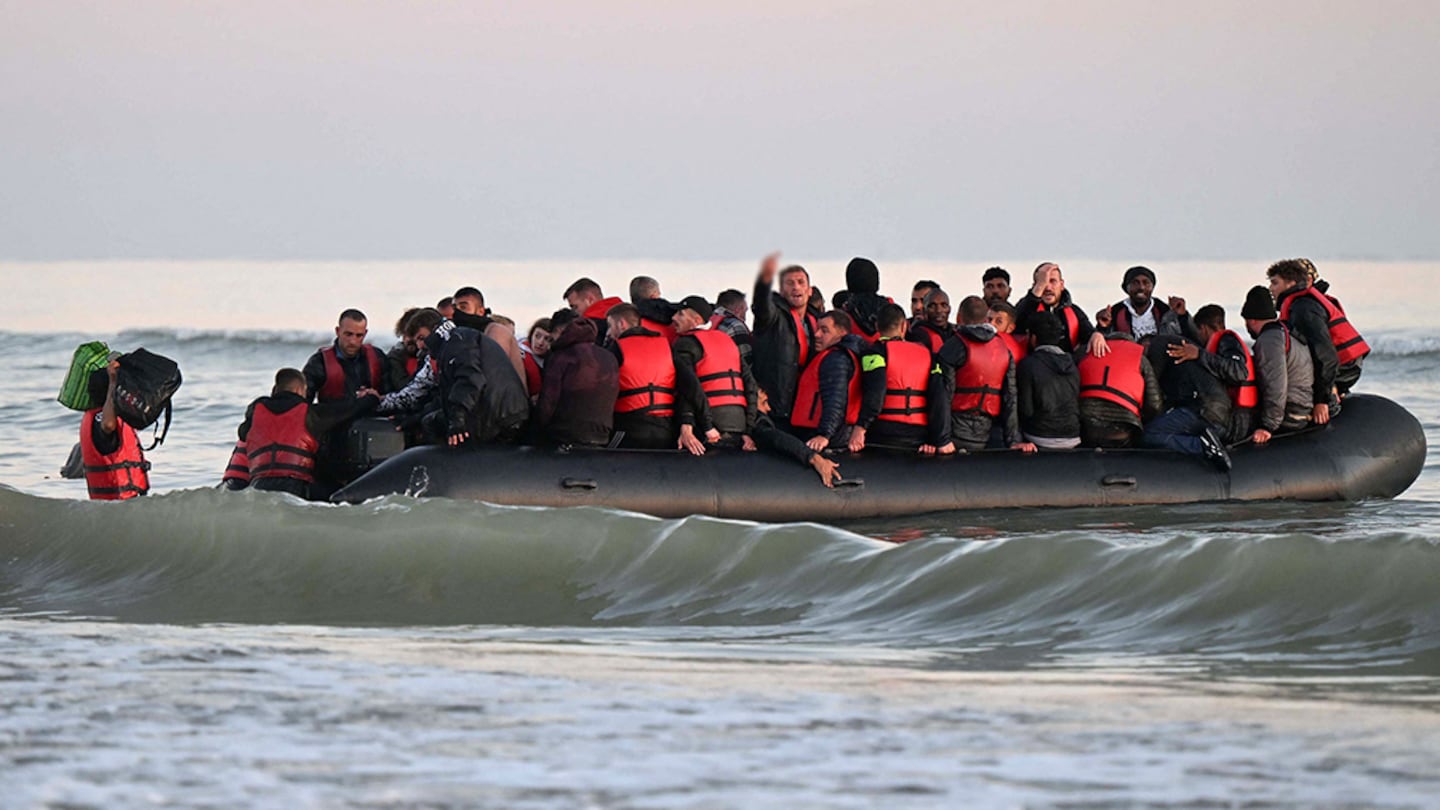The government’s bill to deal with groups landing on Aotearoa’s shores on boats has drawn criticism from activists as well as a cross-party select committee, with the committee unable to agree on whether the bill should become law.
The amendment bill was introduced in the Parliament by the last immigration Minister Michael Wood and would allow unauthorised boat arrivals to be detained for up to 28 days. Irregular arrivals can currently be detained without a warrant for up to ninety-six hours.
Part of the controversy is that such an arrival may never happen. National leader Christopher Luxon has called the bill “a solution looking for a problem,” and Green MP Golriz Ghahraman called it an “election year dog-whistle.”
The history of “Boat People” bills
“There is no immediate threat of a boat heading to New Zealand,” former immigration minister Tuariki Delamere says. “There are more important things for Immigration to worry about.”
“But to National, I would say you guys are being hypocrites because, when I was the minister of Immigration while working with National, we rushed through the equivalent of a mass arrivals bill.” In 1999, There was talk of a boat that had left Honiara in the Solomon Islands potentially headed for New Zealand. The rushed bill would have allowed those on board to be detained in Tongariro prison upon landing. “As it was, it (the boat) ended up going to Canada,” says Delamare.
“Nobody has ever got here and those who tried, after facing the Tasman Sea, have made a sharp right turn,” he says.
Immigration Minister Andrew Little has hit back saying the amendment bill was based on updated risk assessments that other parties were ignoring.
Detention a contentious issue
“We had 311 submissions on this bill, with only five in favour,” says Ghahraman who sits on the foreign affairs, defence and trade select committee. The gravity of the breach of human rights that the bill represents is evident in the types of institutions that chose to make submissions, she says. The Office of the Human Rights Commission, the United Nations High Commissioner for Refugees UNHCR, Amnesty International, Red Cross, World Vision and various other humanitarian organisations expressed concerns to the committee over the increased detention period the bill provided for.
“Up to 28 days without the ability to challenge their detention. It is the type of policy Australia introduced that led to the establishment of their offshore detention centres in Manus Island and Nauru,” Ghahraman says.
But Delamaere says the period of detention sought is reasonable. “You are not going to work out who they are within four days,” he says.
“What I would say though is instead of Mt Eden Prison, they should send them to Tongariro where they are treated like humans, probably because Ngāti Tūwharetoa has a lot to say on how people are treated,” Delamere says.
But long periods of warrantless detention “is something we don’t do to the most serious criminally accused in New Zealand but we would be able to do it to anyone seeking shelter here escaping war or persecution,” Gharaman says.
‘Give support, not trauma’
Dawit Arshak runs the Asylum Seekers Support Centre. Originally from Ethiopia, a country whose “brutal military regime” he fled, he came to New Zealand from Sudan as a refugee in 1998. He says people who seek asylum come from harrowing conditions and the government should honour the fact that everyone has the right to seek asylum.
“Asylum seekers are home seekers, they are looking for a safe home. And they run for safety because there is a lot happening to their lives. So detention is causing more trauma in their lives.”
“I hope the government will not pass this bill into law,” he says.
Meanwhile, Little has said the bill will be pushed to its second reading, and the departmental report, which has courted its own controversy, will be taken into account to make any amendments necessary.

